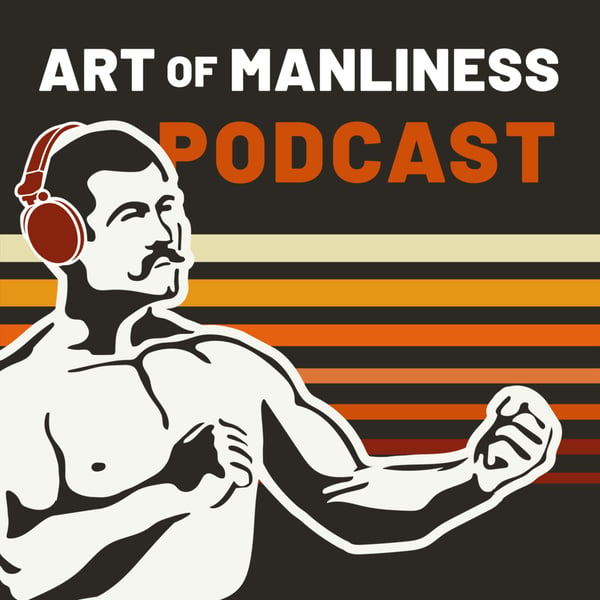The 3 Types of Failure (And How to Learn From Each)
The Art of Manliness
The Art of Manliness
4.7 • 14.5K Ratings
🗓️ 1 November 2023
⏱️ 44 minutes
🧾️ Download transcript
Summary
Transcript
Click on a timestamp to play from that location
| 0:00.0 | Boret McKay here and welcome to another edition of the Art of Manliness podcast. People often |
| 0:12.2 | think of failure in one of two ways, as something that hinders the pursuit of success, |
| 0:16.3 | or as something that's a necessity in obtaining it, as in the Silicon Valley mantra that |
| 0:20.2 | recommends failing fast and often. There's truth to both ideas, but neither offers a complete |
| 0:25.0 | picture of failure. That's because there isn't just one kind of failure, but three. Here |
| 0:30.0 | to unpack what those three types are is Amy Edmondson, a professor of leadership at the Harvard |
| 0:34.1 | Business School and the author of The Right Kind of Wrong, The Science of Failing Well. Today |
| 0:39.0 | on the show, Amy shares which type of failure is most productive, which types are less |
| 0:42.8 | fruitful, and how to best use the former, prevent the latter, and learn from failure of |
| 0:47.1 | every kind. We also talk about how to organize potential failures into a matrix that will |
| 0:51.9 | help you best approach them. Along the way, we dig into examples, both big and small, |
| 0:56.4 | with how individuals, organizations, and families can put failure to work for them. After |
| 1:02.2 | the show is over, check out our show notes at a-m-dot-i-s-slash-failed-well. |
| 1:17.4 | Amy Edmondson, welcome to the show. Thank you so much for having me. |
| 1:21.2 | So you got a new book out called The Right Kind of Wrong. It's all about how we learn for more |
| 1:25.8 | mistakes. So you spent your academic career researching failure. How did that happen? |
| 1:32.3 | And not a lot of people end up researching failure. How did you end up in that field? |
| 1:36.0 | Well, I suppose you could say it was a little bit by accident, and let me explain that to say, |
| 1:42.6 | I was interested in learning, and even more specifically, I was interested in the problem of |
| 1:47.2 | organizational learning. That organizations need to keep learning in a changing world. |
| 1:54.0 | And it turns out that is easier said than done for a whole host of factors. And one of the factors, |
| 2:01.0 | one of the major factors that just kept coming up again and again in my research was that |
... |
Please login to see the full transcript.
Disclaimer: The podcast and artwork embedded on this page are from The Art of Manliness, and are the property of its owner and not affiliated with or endorsed by Tapesearch.
Generated transcripts are the property of The Art of Manliness and are distributed freely under the Fair Use doctrine. Transcripts generated by Tapesearch are not guaranteed to be accurate.
Copyright © Tapesearch 2025.

